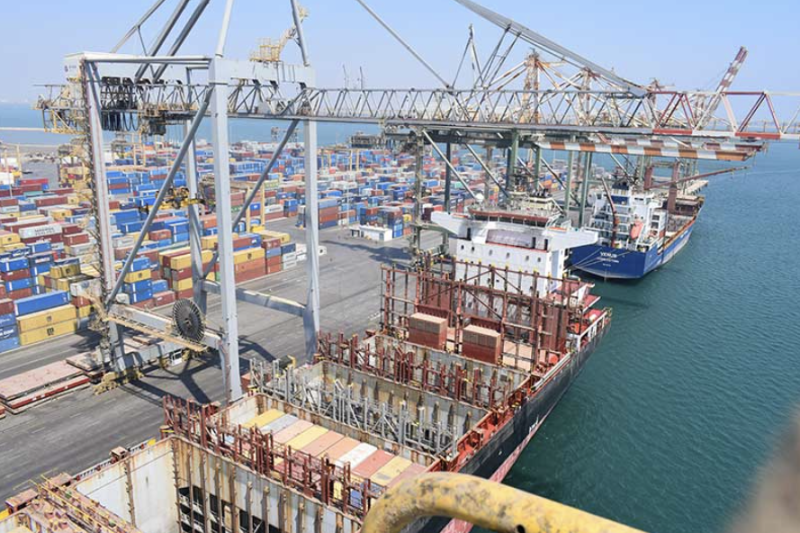Economic hardship dims Eid al-Adha celebrations for Yemeni people


As Eid al-Adha approaches, millions of Yemenis are being forced to choose between religious tradition and economic survival, with soaring livestock prices placing the cost of sacrifice beyond the reach of many households.
The Islamic holiday, set to begin on Friday, is typically marked by the slaughter of goats, sheep, or cattle. But after years of conflict and economic collapse, what was once a joyful occasion has become a source of anxiety for families struggling to meet basic needs.
In livestock markets on the outskirts of Aden, prices for sacrificial animals have surged. Sheep now sell for between 140 and 170 dollars, while goats fetch more than 230 U.S. dollars, traders said, prices well beyond the means of most families.
"The collapse of the riyal and rising transport costs have crushed people's purchasing power," said Fahed Baleed, a livestock trader in Aden. The Yemeni currency has fallen to 2,535 riyals to the U.S. dollar, prompting some traders to price livestock in foreign currency.
The economic strain is forcing families to forgo long-held religious practices. "I will only buy what my children need to eat," said Umm Mazen, a mother of four who cannot afford to purchase a sacrificial animal this year.
Hamzah, a taxi driver, said he had spent a year saving for Eid but had to use the money when his child became ill. "This Eid, I'll only buy a chicken," he said. "I just can't afford a sheep."
The hardship extends to other aspects of the holiday. Prices for children's clothing have increased by more than 150 percent since last year, prompting many families to make do with what they already have.
"My salary doesn't cover even our basic needs," said Salah Hamady, a government employee. "New clothes for the children are out of reach, so my wife will wash and reuse last year's."
Economic researcher Ramzy Sultan described the situation as a "total collapse" of Yemen's economic structure, attributing it to years of failed financial policies, institutional fragmentation, and prolonged conflict. Without urgent intervention, he warned, conditions would continue to deteriorate.
The muted holiday reflects broader humanitarian challenges in Yemen, where more than 17 million people -- nearly half the population -- are expected to face acute food insecurity this year, according to the United Nations. Most are in Houthi-controlled northern regions.
The war, now in its second decade, has triggered what the United Nations calls the world's worst humanitarian crisis. Despite repeated mediation efforts, a lasting peace remains elusive.

Aden — Ports under the authority of Yemen’s internationally recognized government have received more than two million metric tons of fu…

Mukalla — Local authorities in Hadramout have announced the inauguration of Yemen’s first solar-powered cement station, a landmark proj…

AbuDhabi -- The United Arab Emirates has pledged $1 billion to bolster Yemen’s electricity sector, marking one of the largest development com…